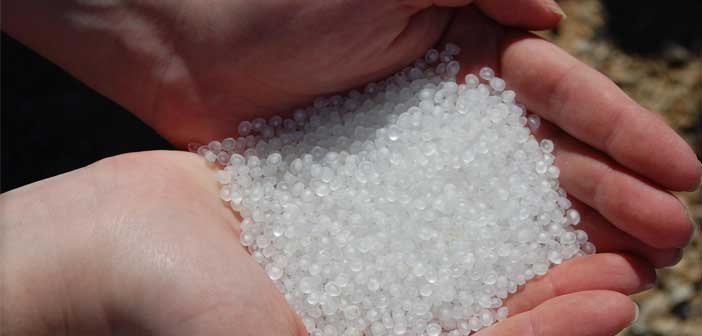OTTAWA – A New Democrat motion to protect our fresh water resources from an entirely man-made problem should be a no-brainer for all parliamentarians to support, according to Algoma-Manitoulin-Kapuskasing MP, Carol Hughes.
Hughes spoke to the motion that instructs the government to add microbeads to the list of toxic substances listed under the Environmental Protection Act in Parliament on Tuesday, making an impassioned plea for MPs to consider what the state of the Great Lakes for future generations
“It is a matter of stating priorities and putting our common good ahead of the convenience these microbeads afford manufacturers of consumer goods,” said Hughes. “If we adopt this motion we will join other jurisdictions that have already legislated to ban microbeads or are currently seized with the issue.”
Plastic microbeads are used by the cosmetics industry to create a sense of smoothness in the texture in some products and to create grit used to scour in products like exfoliates or toothpaste. The beads do not biodegrade and are not captured by filtration plants when cleaning waste water.
“Microbeads can already be found in high concentrations in the Great Lakes,” said Hughes. “The problem is most noticeable downstream from major cities and in the sediments of the St. Lawrence River.”
Hughes told parliament that influential cosmetic companies are voluntarily taking steps to replace microbeads and that many jurisdictions are debating the problem while some have already banned them in a phase-out manner.
“By taking immediate action and listing microbeads as toxic under the EPA we could then move to regulate, phase out and eliminate the use of microbeads in products used, or produced in Canada,” said Hughes. “This is especially important for our recreational fishing industry and the safety of fish and other aquatic species most affected by this plastic.”





